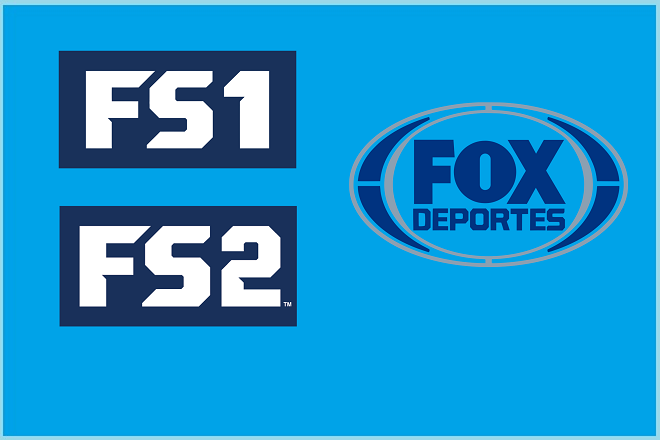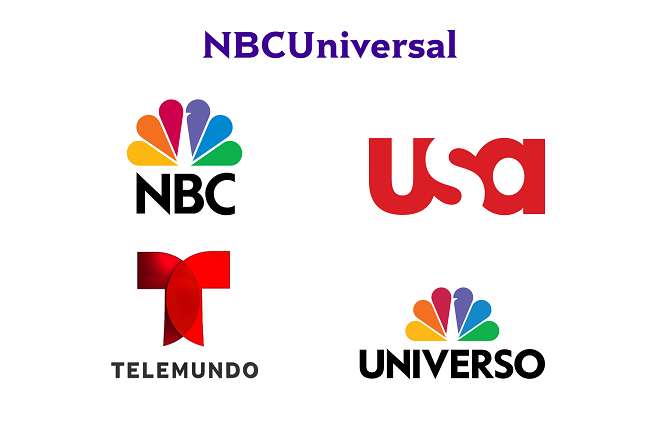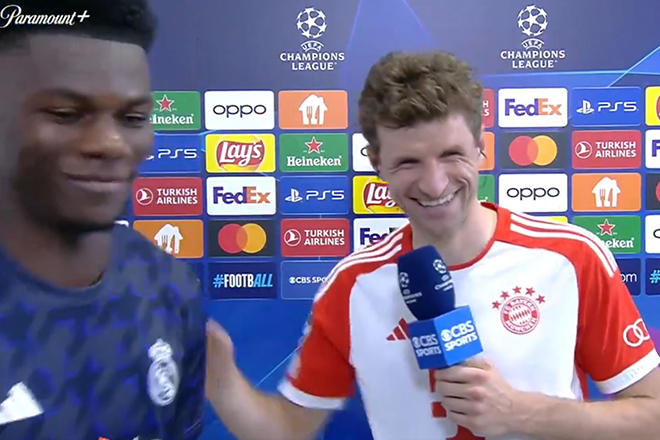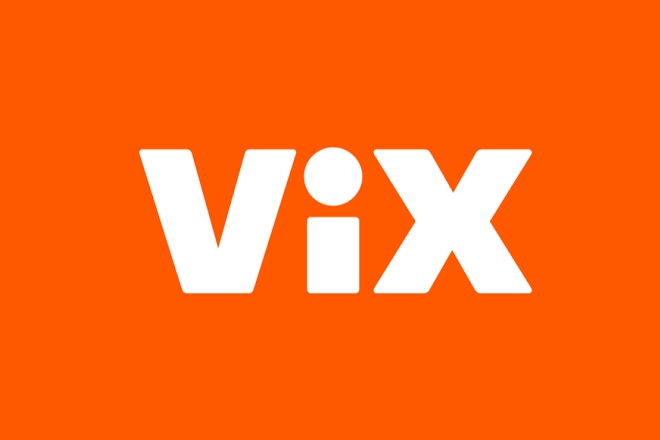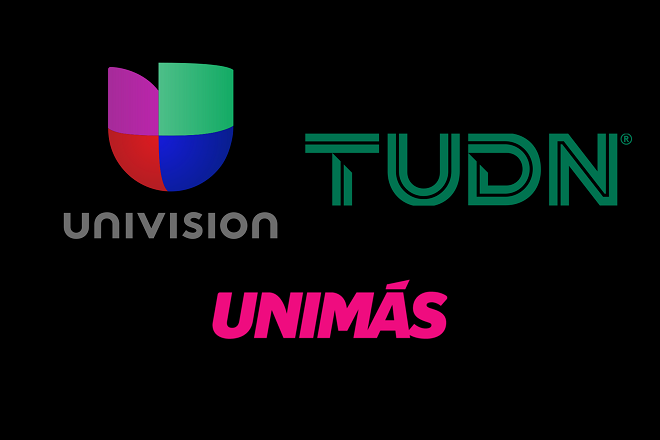Recently promoted French side AS Monaco are set to make waves in the world of football after Russian owner Dmitry Rybolovlev ensured them of his full financial backing.
The French side is the latest example of clubs driven by money which has become a hallmark of most of the European clubs which have tasted success as of late.
Monaco who till last year were playing in the second tier of French football are now being linked to the biggest names in the world. One has to really question where football is heading, when top players sacrifice Champions League football for a recently promoted side.
Money has surely damaged the face of football to a large extent. Players like Joao Moutinho and James Rodriguez had been chased by the biggest clubs in Europe, however it was not the charm of playing in a top club which attracted them, it was sadly the lure of money which made them choose Monaco.
The turn of the millennium has seen obnoxious sums being paid for some of the biggest names in football. It was Real Madrid who began the tradition then back in 2000, when Florentino Pérez in his quest to build a team of invincibles signed world class players for inflated prices.
Luis Figo was the first Galáctico and was signed for a massive 37 million pounds. Since then Real Madrid in a bid to attract the biggest names have repeatedly crossed limits, and in 2009 they shocked the world after their 80 million pound record signing of Manchester United star Cristiano Ronaldo.
Real Madrid have spent more than a billion euros on transfers since the turn of the millennium, their rivals Barcelona who pride themselves in having one of the best youth academies in the world are not far behind.
The Catalans have themselves spent close to a billion euros in the same period and have largely relied on money for their recent success. Their last four seasons have culminated a staggering 278.5 million euros on transfers.
Premier League has followed suit and English teams have been equally extravagant in their spending on transfers. Apart from oil rich clubs Manchester City and Chelsea, Manchester United have also relied heavily on money which has helped them to achieve glory over the years. Apart from the top four clubs in England, other clubs including Tottenham and Liverpool have also been very active in the transfer windows and have spent massive sums on players in recent times.
Lately French teams have also taken notice of the affinity that exists between money and success, and after Paris Saint Germain began their spending spree in 2011 following acquisition by Qatar Investment authority, Moncao are set to follow the same path.
The ascent of money in football has resulted in the game diverging from its own principles.For many players it is no longer the lust of playing in competitive teams which excites them, it is rather the craving for money which influences players to make their decisions when choosing clubs.
A prime example is of Ghana star Asamoah Gyan who despite of being a regular starter at Sunderland decided to make a switch to a much less prestigious United Arab Emirates side Al-Ain, where he was reportedly offered a 150,000 pound per week contract.
The integration of money has also resulted in most of the clubs investing in their scouting networks rather than in their youth academies. Moreover clubs who do have efficient youth academies are unable to hold on to their talents as bigger clubs come calling, offering wages much higher than their parent clubs can afford.
For other clubs such as English side Portsmouth, the fractious spending of money has contributed to them being almost wiped off from competitive football. Pompey who used to be a decent Premier League side have since 2010 dropped by astounding levels and will be from next season playing in the League two of English football.
Much for the negatives, money has also successfully made football more competitive and has resulted in a larger fan base of the game. English sides Chelsea and Manchester City spent decades in mediocrity only for money to change their fortunes.
With the advent of Abramovich’s money, Chelsea finally ended their 50 year wait for a league title when in 2005 Mourinho guided the side to the top of the Premier League table. Manchester City in a similar stance won their first league title in 44 years after Roberto Mancini guided them to glory last season.
The Premier League is much more competitive than it had been in yesteryears, the arrival of money has successfully broken down the dominance of the top four clubs in the league. As of now there are atleast five to six teams which can potentially challenge for the title making the league much more competitive and exciting than before.
Money has also allowed clubs in the lower leagues to become more competitive in European competitions. Teams in Russia and France who were barely able to match the European heavyweights in the past, now boast squads which can contest against the biggest teams in the world.
As things stand, money is the way forward and it is becoming increasingly imperative for clubs to spend vast sums in order to remain competitive. Dortmund perhaps remain the only club in European topflight football who have managed to achieve reasonable success without uncanny spending, but it remains to be seen how long they can survive as big spending clubs come fishing for their talents.
The Financial Fairplay Regulations have been designed by footballing authorities to restore order and are set to be implemented from next season onwards, it will be interesting to see if the regulations can put an end to the objectionable spending clubs have made in recent times.
Is money ruining football in your opinion, or is it as many people say the way forward?
Monaco who till last year were playing in the second tier of French football are now being linked to the biggest names in the world. One has to really question where football is heading, when top players sacrifice Champions League football for a recently promoted side.
Money has surely damaged the face of football to a large extent. Players like Joao Moutinho and James Rodriguez had been chased by the biggest clubs in Europe, however it was not the charm of playing in a top club which attracted them, it was sadly the lure of money which made them choose Monaco.
The turn of the millennium has seen obnoxious sums being paid for some of the biggest names in football. It was Real Madrid who began the tradition then back in 2000, when Florentino Pérez in his quest to build a team of invincibles signed world class players for inflated prices.
Luis Figo was the first Galáctico and was signed for a massive 37 million pounds. Since then Real Madrid in a bid to attract the biggest names have repeatedly crossed limits, and in 2009 they shocked the world after their 80 million pound record signing of Manchester United star Cristiano Ronaldo.
Real Madrid have spent more than a billion euros on transfers since the turn of the millennium, their rivals Barcelona who pride themselves in having one of the best youth academies in the world are not far behind.
The Catalans have themselves spent close to a billion euros in the same period and have largely relied on money for their recent success. Their last four seasons have culminated a staggering 278.5 million euros on transfers.
Premier League has followed suit and English teams have been equally extravagant in their spending on transfers. Apart from oil rich clubs Manchester City and Chelsea, Manchester United have also relied heavily on money which has helped them to achieve glory over the years. Apart from the top four clubs in England, other clubs including Tottenham and Liverpool have also been very active in the transfer windows and have spent massive sums on players in recent times.
Lately French teams have also taken notice of the affinity that exists between money and success, and after Paris Saint Germain began their spending spree in 2011 following acquisition by Qatar Investment authority, Moncao are set to follow the same path.
The ascent of money in football has resulted in the game diverging from its own principles.For many players it is no longer the lust of playing in competitive teams which excites them, it is rather the craving for money which influences players to make their decisions when choosing clubs.
A prime example is of Ghana star Asamoah Gyan who despite of being a regular starter at Sunderland decided to make a switch to a much less prestigious United Arab Emirates side Al-Ain, where he was reportedly offered a 150,000 pound per week contract.
The integration of money has also resulted in most of the clubs investing in their scouting networks rather than in their youth academies. Moreover clubs who do have efficient youth academies are unable to hold on to their talents as bigger clubs come calling, offering wages much higher than their parent clubs can afford.
For other clubs such as English side Portsmouth, the fractious spending of money has contributed to them being almost wiped off from competitive football. Pompey who used to be a decent Premier League side have since 2010 dropped by astounding levels and will be from next season playing in the League two of English football.
Much for the negatives, money has also successfully made football more competitive and has resulted in a larger fan base of the game. English sides Chelsea and Manchester City spent decades in mediocrity only for money to change their fortunes.
With the advent of Abramovich’s money, Chelsea finally ended their 50 year wait for a league title when in 2005 Mourinho guided the side to the top of the Premier League table. Manchester City in a similar stance won their first league title in 44 years after Roberto Mancini guided them to glory last season.
The Premier League is much more competitive than it had been in yesteryears, the arrival of money has successfully broken down the dominance of the top four clubs in the league. As of now there are atleast five to six teams which can potentially challenge for the title making the league much more competitive and exciting than before.
Money has also allowed clubs in the lower leagues to become more competitive in European competitions. Teams in Russia and France who were barely able to match the European heavyweights in the past, now boast squads which can contest against the biggest teams in the world.
As things stand, money is the way forward and it is becoming increasingly imperative for clubs to spend vast sums in order to remain competitive. Dortmund perhaps remain the only club in European topflight football who have managed to achieve reasonable success without uncanny spending, but it remains to be seen how long they can survive as big spending clubs come fishing for their talents.
The Financial Fairplay Regulations have been designed by footballing authorities to restore order and are set to be implemented from next season onwards, it will be interesting to see if the regulations can put an end to the objectionable spending clubs have made in recent times.
Is money ruining football in your opinion, or is it as many people say the way forward?

